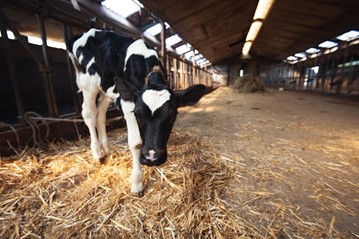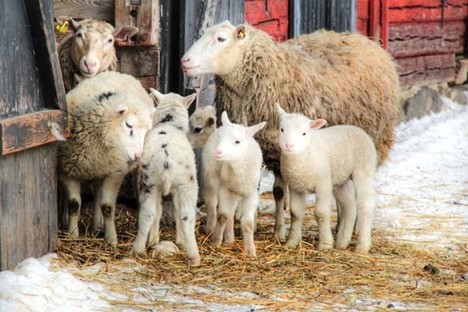Denver, Colorado, known for its picturesque landscapes and vibrant urban life, plays a pivotal role in the United States’ meat supply chain. The city’s strategic location, robust infrastructure, and historical significance have established it as a key player in the national meat industry. Superior Farms in Denver explains below how the city contributes to and influences the national meat supply chain, highlighting its critical components and the broader implications for the meat market.
Historical Context and Strategic Location
Denver’s involvement in the meat supply chain can be traced back to the late 19th and early 20th centuries when the city emerged as a major hub for cattle drives and livestock trade. Its central location in the heart of the country made it an ideal gathering point for cattle being driven from the Western plains to Eastern markets. The development of the railroad network further cemented Denver’s status as a key logistics center, facilitating the efficient transport of livestock and meat products across the nation.
Today, Denver’s strategic location continues to be a significant advantage. Situated near major cattle-producing states like Texas, Nebraska, and Kansas, Denver serves as a crucial link in the chain, ensuring that livestock can be efficiently transported to processing facilities and ultimately to consumers. The city’s well-developed transportation infrastructure, including highways and railroads, supports the seamless movement of meat products, minimizing delays and maintaining the quality of perishable goods.
Processing and Distribution
Denver is home to several major processing facilities that handle a significant portion of the nation’s meat production. These facilities are equipped with state-of-the-art technology and adhere to stringent safety and quality standards, ensuring that the products processed here meet the highest industry benchmarks. The presence of these facilities not only boosts local employment but also reinforces Denver’s role as a critical node in the meat supply chain.
Moreover, Denver’s meat processing industry is complemented by a network of cold storage and distribution centers that ensure the timely and efficient delivery of meat products to various markets. These centers are strategically located to facilitate quick access to major urban centers across the United States, further enhancing Denver’s influence on the national meat supply chain.
Contribution to the National Meat Market
Denver’s meat industry significantly contributes to the national meat market in several ways:
Supply Chain Efficiency
The city’s advanced logistics and transportation infrastructure ensure that meat products can be moved quickly and efficiently from producers to processors and ultimately to consumers. This efficiency helps reduce the time it takes for meat to reach the market, maintaining freshness and quality, which is crucial for consumer satisfaction and food safety.
Economic Impact
The meat industry is a major economic driver for Denver, generating significant revenue and providing numerous job opportunities. The economic benefits extend beyond the city, as the industry’s success supports related sectors such as agriculture, transportation, and retail. Denver’s role in the supply chain thus has a ripple effect, boosting the economy at both local and national levels.
Innovation and Sustainability
Denver is at the forefront of innovation in the meat industry, with several initiatives aimed at enhancing sustainability and reducing environmental impact. From adopting advanced waste management practices to exploring alternative protein sources and improving animal welfare standards, Denver’s meat industry is committed to sustainable practices that align with evolving consumer preferences and regulatory requirements.
Challenges and Future Prospects
Despite its significant contributions, Denver’s meat industry faces several challenges that could impact its role in the national supply chain:

Environmental Concerns
The meat industry is often criticized for its environmental footprint, particularly concerning greenhouse gas emissions, water usage, and land degradation. Denver’s industry players are increasingly focusing on sustainable practices, but balancing economic growth with environmental responsibility remains a challenge.
Market Volatility
The meat market is subject to fluctuations in supply and demand, influenced by factors such as weather conditions, disease outbreaks, and global trade dynamics. Denver’s meat industry must navigate these uncertainties while maintaining consistent supply and pricing to meet consumer needs.
Regulatory Compliance
Adhering to ever-evolving regulatory standards is essential for the meat industry. Denver’s processors and distributors must stay abreast of changes in food safety, animal welfare, and environmental regulations to ensure compliance and avoid potential disruptions.
Conclusion
Denver’s role in the national meat supply chain is both significant and multifaceted. From its strategic location and historical roots to its modern processing facilities and distribution networks, Denver is integral to ensuring that meat products reach consumers efficiently and sustainably. While challenges persist, the city’s commitment to innovation and sustainability positions it well for continued leadership in the national meat market. As the industry evolves, Denver’s contributions will remain crucial in shaping a resilient and responsible meat supply chain that meets the needs of consumers across the United States.

